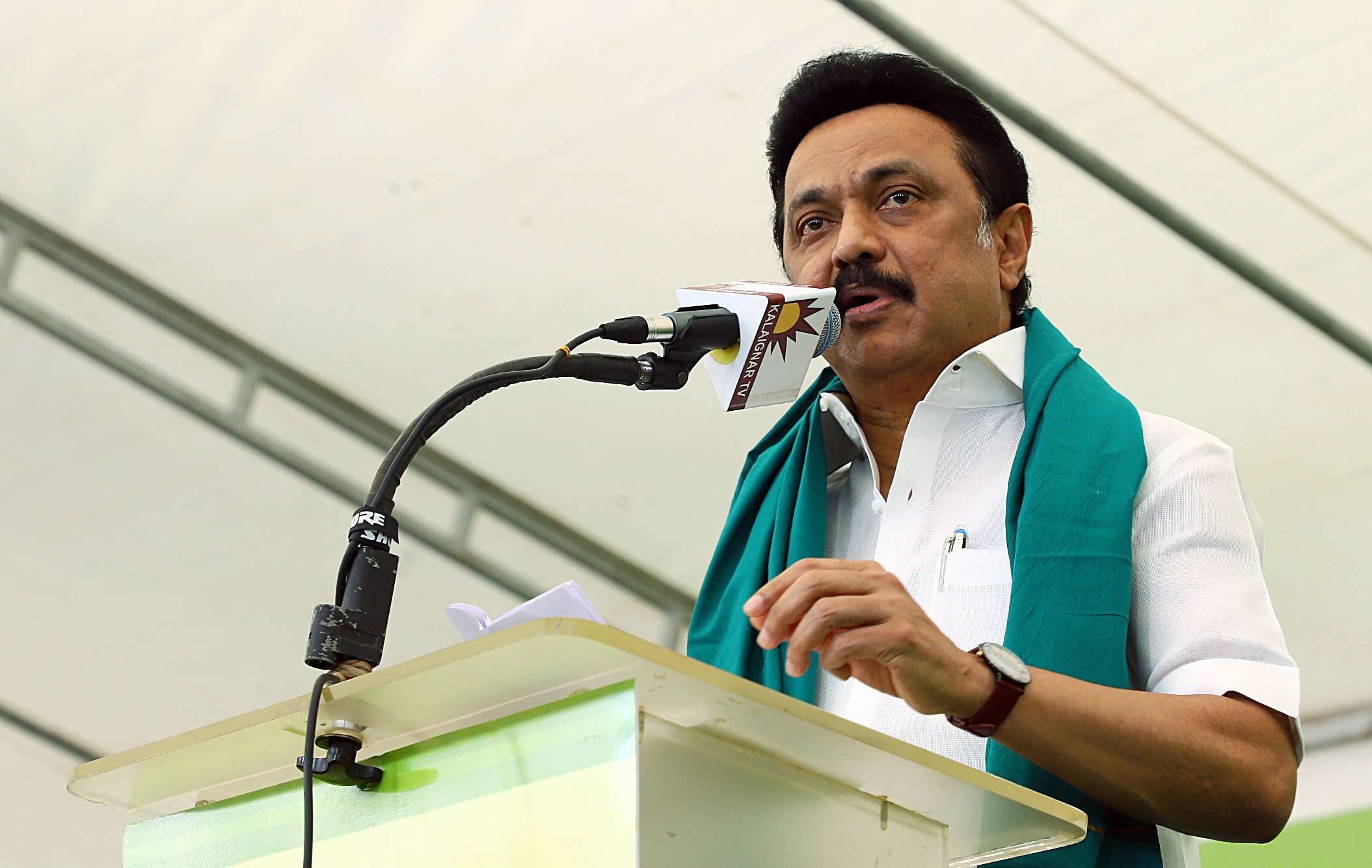The ruling Dravida Munnetra Kazhagam (DMK) in Tamil Nadu on December 5 moved the Supreme Court to seek a review of the November 7 verdict which upheld 10 % reservation for the economically weaker sections (EWS) in educational institutions and government jobs, contending it legitimises discrimination.
“It is respectfully stated that this is an error apparent on the face of the record since it directly overrules the judgement passed by the nine Judge Constitution Bench in Indra Sawhney versus Union of India 1992,…which has authoritatively pronounced that reservations cannot be on the basis of the economic criteria and such interpretation was on the basis of Articles 14,15(1) and 16(1), not articles 15(4) and 16(4) alone,” the plea said.
“The majority opinion is contradictory – after going in-depth into how poverty prevents access to education and employment, and the importance of alleviating the same, the majority judges have not given any justification for excluding ST, SC & OBCs from the EWS reservation other than to say that they have already been given reservations under Art 15(4) and 16(4),” the plea further said.
“If the majority accepts that there can be a separate classification on economic criteria, social backwardness cannot be used as exclusion for the poor among ST, SC, and OBCs merely because they suffer both backwardness, it added.
“It is respectfully stated that none of the three opinions that constitute the majority judgement have considered the ‘identity’, ‘width of power’ and ‘unguided power’ tests that have been laid down by this Court to test constitutional amendments despite it being argued before this Court,” it further added.
The plea said the impugned judgement legitimises discrimination by opining that exclusion is vital for achieving the desired results for a particular target group.














